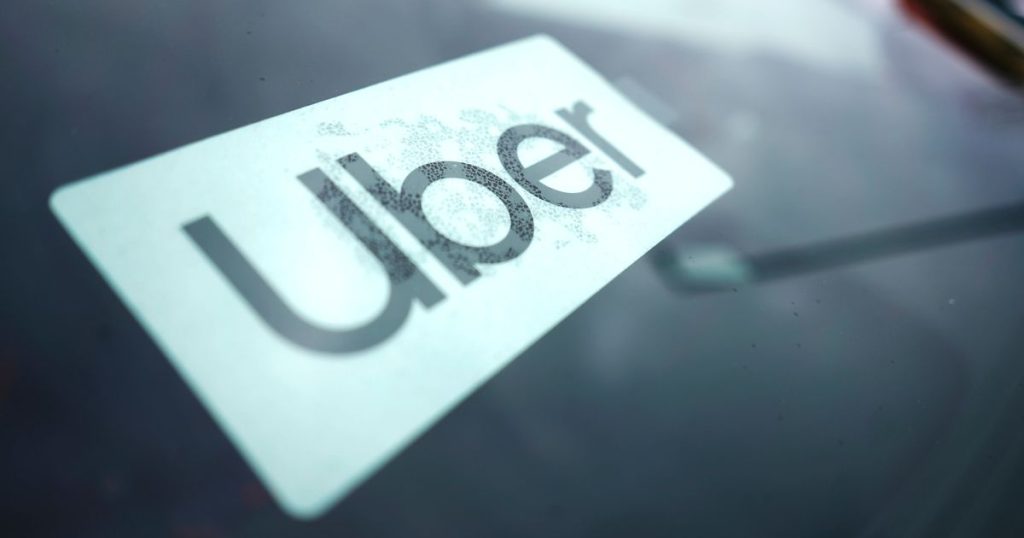Uber has invested heavily in a Nevada ballot initiative that would limit attorneys’ contingency fees in civil lawsuits to 20%, potentially decreasing the company’s exposure to lawsuits related to sexual assault claims. The proposal is backed by a political action committee called Nevadans for Fair Recovery and aims to prevent what it deems as frivolous lawsuits and inflated legal costs by setting a ceiling on attorney fees. Uber, as the lead sponsor, has contributed at least $4 million to the effort and hopes to have the measure on the state’s ballot in November.
Supporters of the proposal argue that it benefits plaintiffs by ensuring they receive a larger share of lawsuit winnings, but critics, including attorney Deepak Gupta, caution that it could discourage lawyers from taking on complex cases due to the reduced fees. Gupta and other lawyers have filed a lawsuit in federal court to block the initiative, arguing that it could hinder access to legal representation for legitimate plaintiffs and serve as a way for Uber to limit potential liabilities from sexual assault and other claims. The initiative has also garnered support from the Nevada Trucking Association, citing the need to curb litigation costs.
The proposal has sparked controversy among legal experts and activists who see it as an attempt by Uber to shield itself from accountability in lawsuits related to sexual assault claims. Alison Frankel, a legal columnist, predicts that the issue will likely be brought before the Nevada Supreme Court due to the significant impact of a 20% fee cap on civil litigation in the state. Critics view the initiative as part of a broader strategy by Uber to create a legal environment that favors the company and limits challenges to its practices, similar to the Proposition 22 fight in California in 2020.
Despite support from the Nevada Trucking Association and the Retail Association of Nevada, which later clarified that it would not participate in the effort, the initiative faces opposition from legal advocacy groups and plaintiffs attorneys who argue that it could have negative implications for access to justice in the state. Uber driver Emilee Rogers, who was mentioned as a supporter of the initiative, acknowledged the complexity of the issue, citing concerns about ensuring fair compensation for accident victims while also considering the financial burden on plaintiffs in legal disputes.
Law professor Veena Dubal, a critic of Uber, views the ballot initiative as part of the company’s broader efforts to shape the legal landscape in its favor and limit potential challenges. She warns that the proposal, which may not be well understood by voters, could have far-reaching implications for individuals seeking redress in court for various legal matters, including sexual assault and harassment. Ultimately, the debate over the initiative highlights the complex interplay between corporate interests, legal reform, and access to justice in Nevada and beyond.








